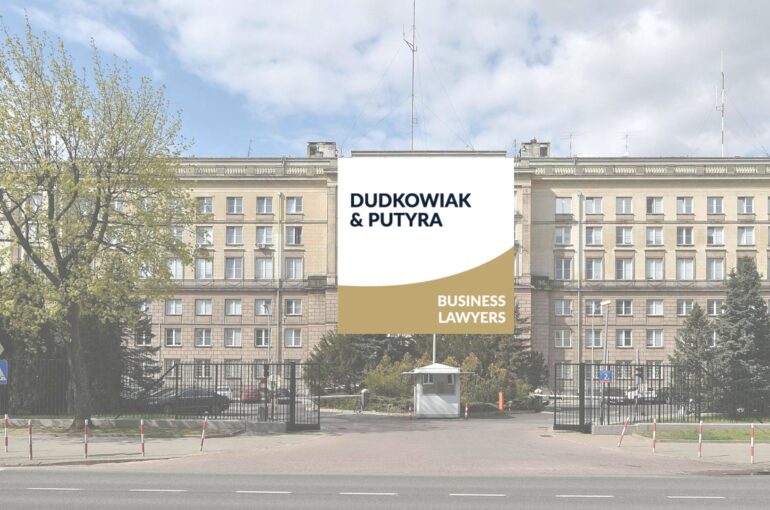An opportunity for employers who want to conduct preventive checks of employee’s sobriety
The position of the Office for Personal Data Protection denying employers the right to self-verification of sobriety of employees is still controversial, in particular in those sectors in which sobriety of employees is crucial for maintaining safety in the workplace. Many employers, afraid of high penalties for violating the regulations, gave up self-verification of sobriety of employees. In some workplaces, breathalyzer tests are still being carried out (especially in transport and construction companies), however employers must be aware that in the event of an inspection from the Office they may be subject to severe financial penalties.
Employers turned to the Ombudsman for Small and Medium-sized Enterprises for help in resolving this situation, who submitted a request for legal clarification to the Minister of Family, Labor and Social Policy.
What is a legal explanation? It is a tool enabling clarification of legal provisions related to business operations in the field of their practical application. It aims to help entrepreneurs comply with the regulations, especially those that raise interpretation doubts. Legal explanations are published in the Public Information Bulletin. Entrepreneurs are not bound by the content of legal explanations, but they give them some protection – as in the case of individual interpretations. If the entrepreneur complies with the legal explanation, he may not be charged with administrative or financial sanctions or penalties in this respect.
What doubts does the legal clarification resolve? In the request for legal clarification, the Ombudsman asked for clarification of two issues:
- is the employer entitled under the current Act on Upbringing in Sobriety and Counteracting Alcoholism to independent control of employee sobriety – both in the events of suspected employee sobriety or of random checks?
- is the information on the state of sobriety of the employee a personal data on the state of health, which the employee can provide under the provisions of the Labor Code only on his own initiative?
In the opinion of the Ombudsman, the position of the Office for Personal Data Protection permitting an employee’s sobrietyy testing only by the police is too strict and does not take into account the employer’s obligation to ensure safety in the workplace. The Ombudsman also does not agree with treating employee sobriety data as information about his health, but notes that even if it were assumed that they were actually sensitive data, based on art. 9 section 2b of GDPR, their processing is possible if it is necessary for the fulfillment of obligations and exercising special rights by the administrator or the data subject in the field of labor law. Such a special obligation could be the employer’s obligation to ensure safety at the workplace.
What consequences will the issue of legal clarifications have for employers? If the Minister of Family, Labor and Social Policy supports the Ombudsman’s position and allows the employer to control the sobriety of employees by himself, even in the case of workplaces with a higher level of security, acting in accordance with these recommendations will protect the employer from the negative consequences associated with it, i.e. financial penalty for violating the rules of processing personal data of employees. If, on the other hand, the Minister supports the position expressed in the announcement of the Office for Personal Data Protection, employers will have to wait for a change of law in this respect or court rulings favorable to them.
This is not the first time that the Ombudsman for Small and Medium-sized Enterprises has been asking for legal clarification in matters related to the protection of personal data in employment. Earlier this year, a legal explanation regarding personal data protection was issued by the Minister of Digitization, allowing the possibility of storing personal data of job candidates after recruitment in order to assert or defend any claims. A different view was previously expressed by the Office for Personal Data Protection, recommending in its employer handbook that recruitment documents should be kept only for the duration of recruitment.


